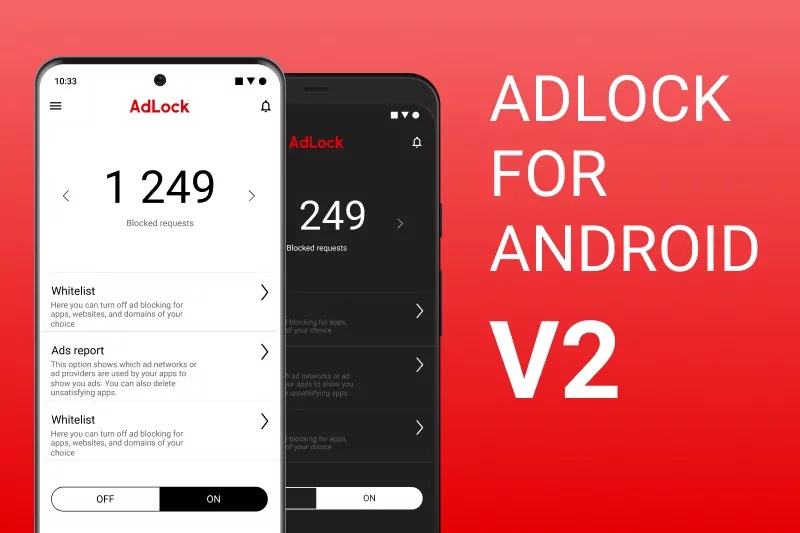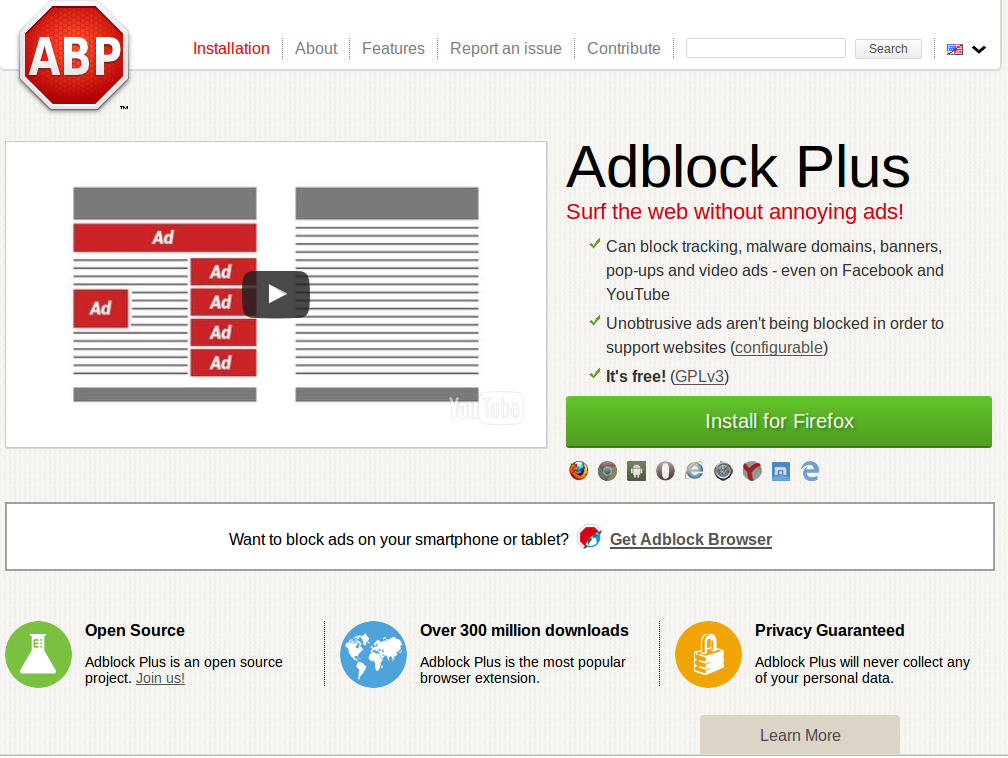

When a page loads, the HTML code “calls” all sorts of modules, sometimes 10 or 15.

On too many sites, the invasion of pop-up windows and heavily animated ad “creations” has became an annoyance. I’m not especially proud of this, nor do I support anti-advertising activism, I use the ad-blocker for practical, not ideological, reasons. A different approach is required but very few seem ready to face that fact.

Therefore, suing Eyeo, the company that maintains ABP, is like using Aspirin to fight cancer. By downloading the plug-in AdBlock Plus (ABP) on a massive scale, users do vote with their mice against the growing invasiveness of digital advertising. Regardless of its validity, the legal action misses a critical point. (To be clear, GESTE said they were at a “legal consulting stage”, no formal complaint has been filed yet.) By his actions, the second plaintiff, the French branch of the Internet Advertising Bureau is in fact acknowledging its failure to tame the excesses of the digital advertising market. The first is known for its aggressive stance against Google via its contribution to the Open Internet Project. Plaintiffs are said to be the GESTE and the French Internet Advertising Bureau. (Les Echos, broke the news in this story, in French). On grounds that it represents a major economic threat to their business, two groups of French publishers are considering a lawsuit against AdBlockPlus creator Eyeo GmbH. But they cannot ignore that, by using ABP, millions of users actively protest against the worst forms of advertising.
Adlock plus software#
Seeing a threat to their ecosystem, French publishers follow their German colleagues and prepare to sue startup Eyeo GmbH, the creator of anti-advertising software AdBlock Plus. The Rise of AdBlock Reveals A Serious Problem in the Advertising Ecosystem


 0 kommentar(er)
0 kommentar(er)
